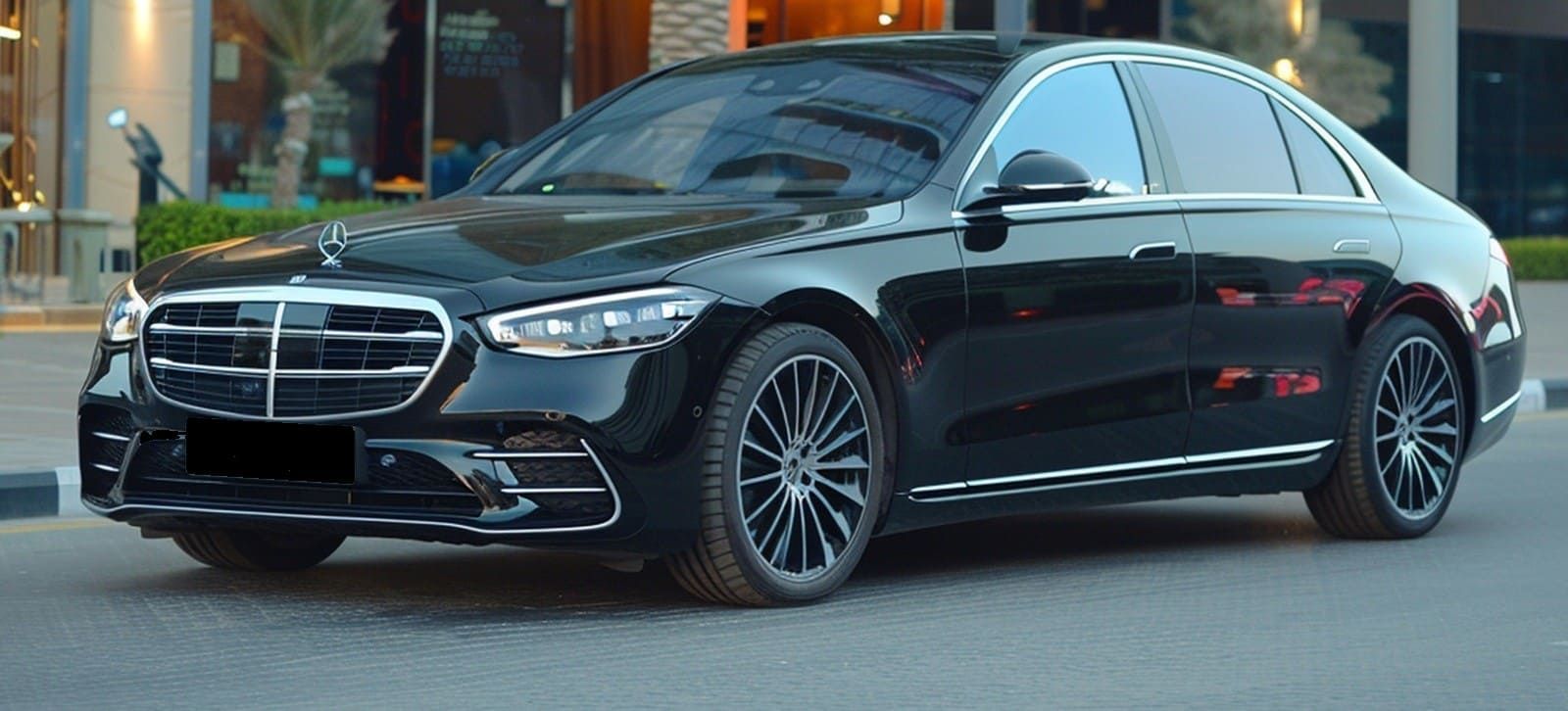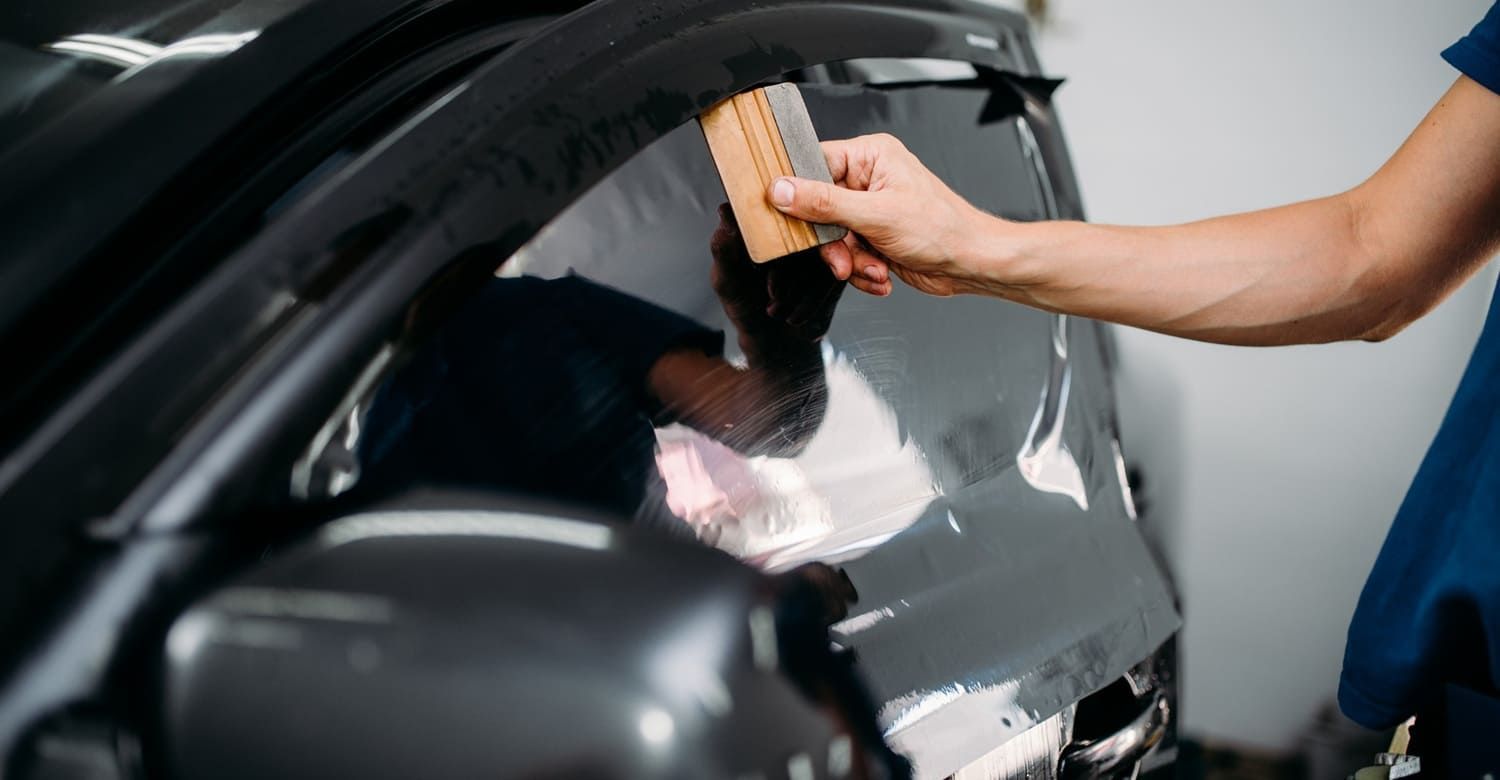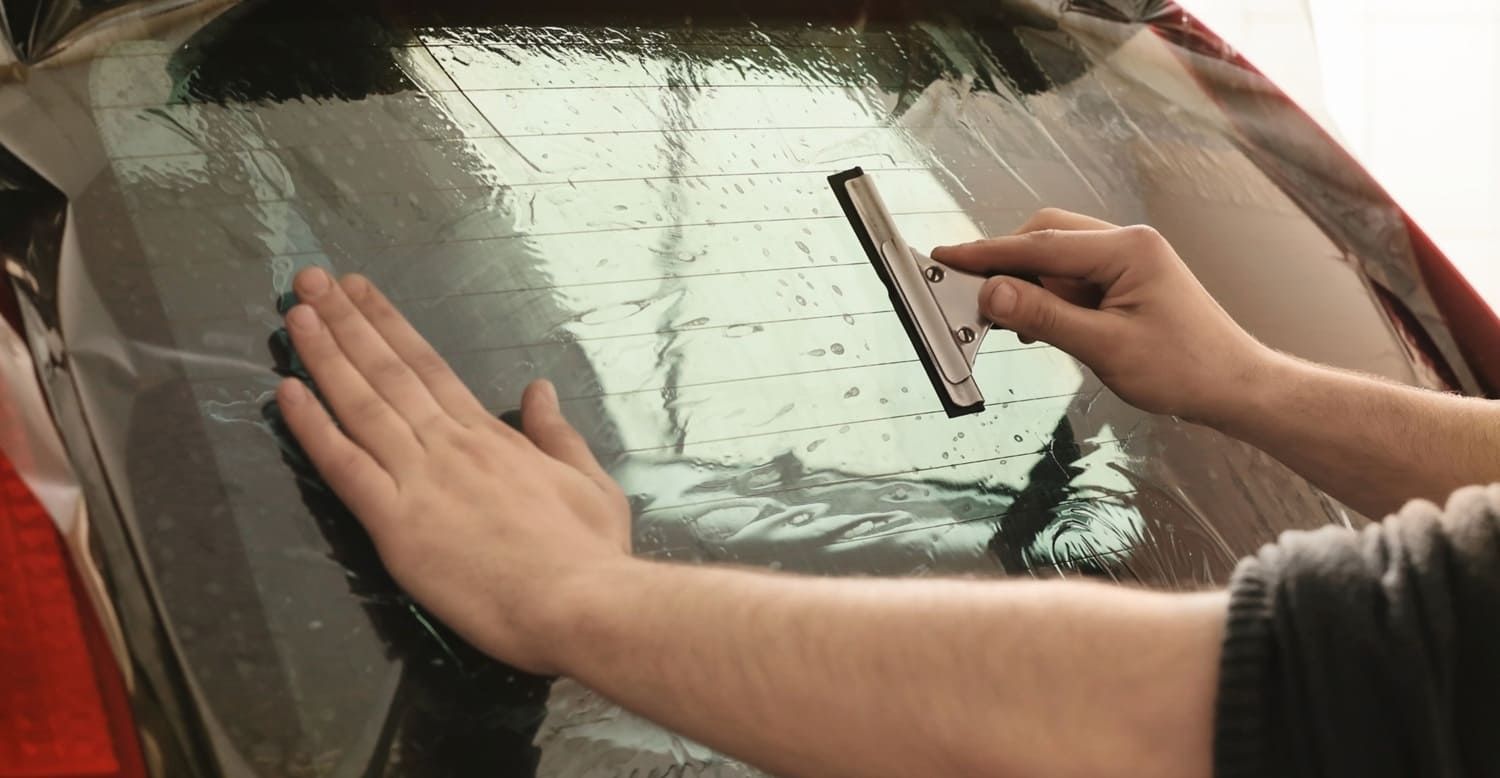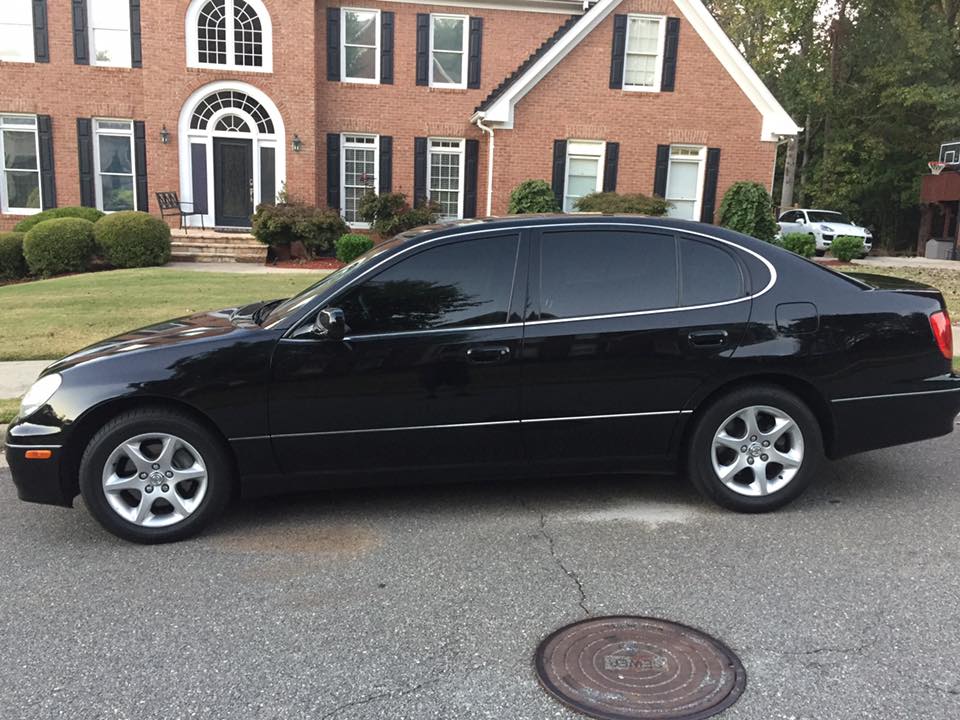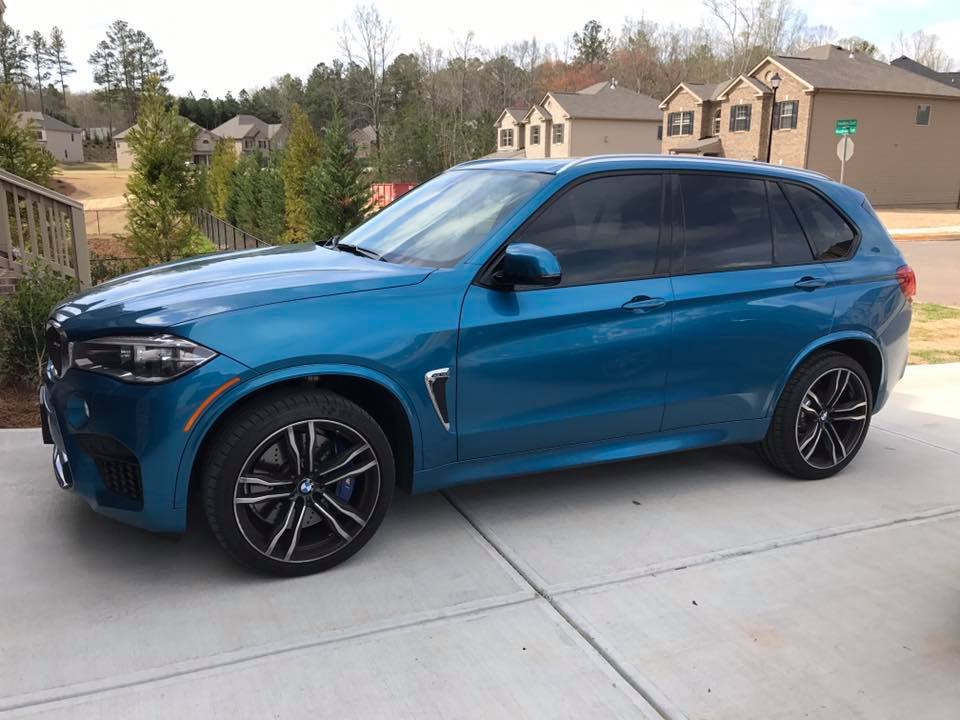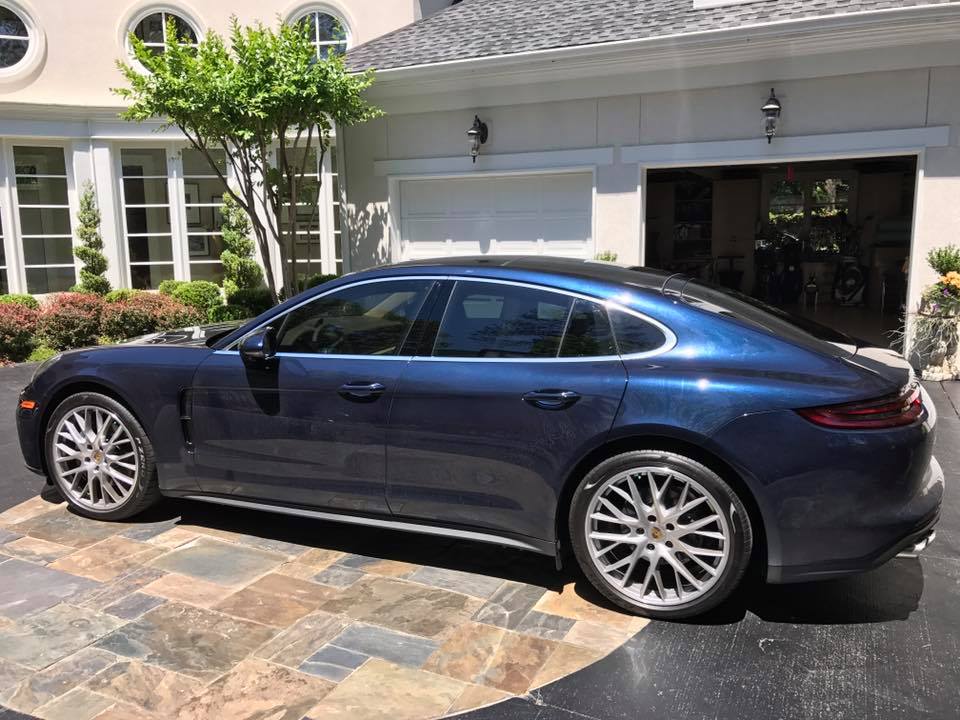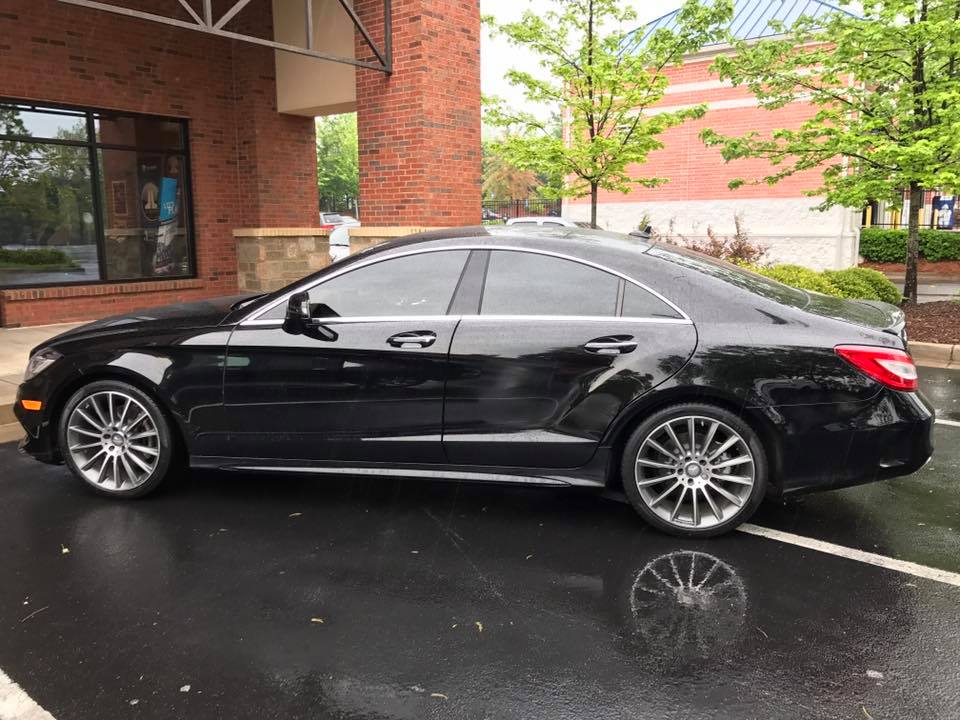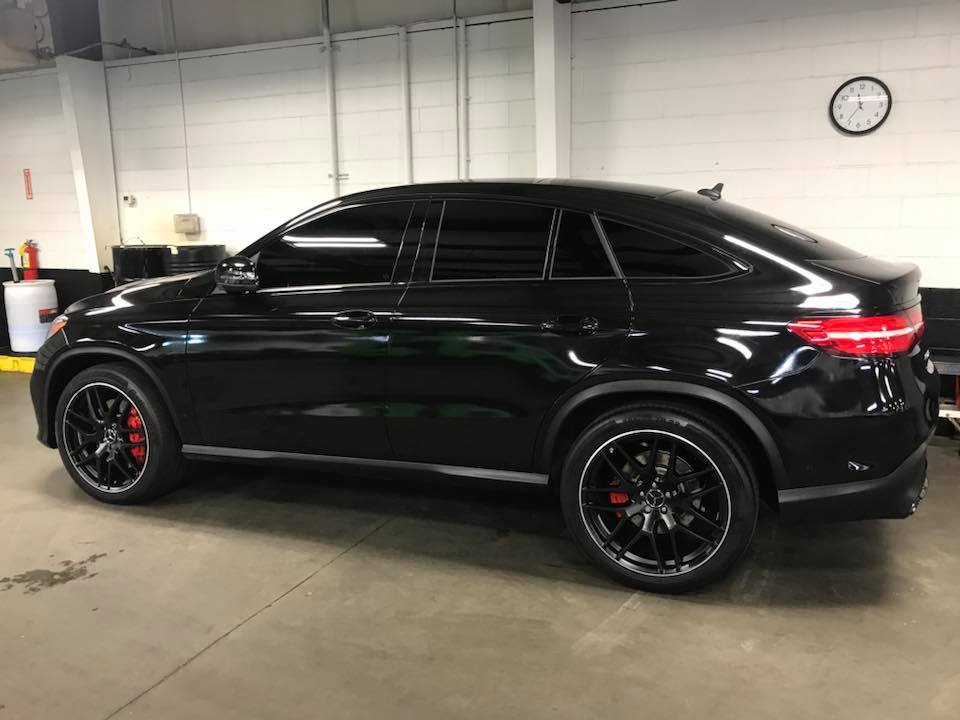A Guide to Georgia Window Tinting Laws in 2023
Not all types and percentages of auto window tinting are allowed in Georgia. Get the facts in this guide to Georgia window tinting laws in 2023.

Having your vehicle's windows tinted gives your vehicle a stylish look. It also helps to reduce glare, making driving easier and safer.
Today, most modern vehicles are sold with factor window tinting. However, this is not the same thing as the aftermarket tint that can be applied in sheets or other methods. Instead, factory tint is created with dyes and coloring pigments added to the raw materials.
Many people want additional tint added to help reduce UV rays and glare. That's where aftermarket window tint comes in.
It is important to note that there are restrictions on how dark your windows can be tinted. However, if you abide by the laws and regulations, you can benefit from this aftermarket product in the sunny state of Georgia.
Keep reading to learn more about the window tinting laws in Georgia. You will also find the benefits of investing in window tint for your vehicle.
Georgia Window Tinting Laws and Regulations
It's essential to remain updated on the Georgia window tinting laws, as they can change. Before getting your windows tinted, consult a reputable window tinting service familiar with the most current regulations.
Georgia has established specific regulations about which windows can be tinted and to what degree. The key metric here is the Visible Light Transmission percentage (VLT%).
This percentage refers to the light a window tint allows to pass through. Auto window tinting percentages are crucial. They dictate how dark or light your window tint can be legally.
The general regulations you must follow when having window tint applied include the following:
Front Windshield
A non-reflective tint is allowed along the top of the windshield, above the manufacturer's AS-1 line. The rest of the windshield must remain un-tinted.
Front Side Windows
The tint must allow more than 32% light in. This means the VLT% should be 32% or higher.
Rear Windows
These can be tinted to any darkness level. However, if the back window is tinted, the vehicle must have side mirrors.
Back Side Windows
Like the rear windows, these can be dark-tinted. If you do this, side mirrors are required.
Reflectivity
Only a certain level of reflectiveness is allowed for the front and back side windows. This is necessary to prevent the windows from acting like mirrors. In Georgia, window tints can reflect up to 20% of visible light.
Understanding Medical Exemptions
Georgia law exempts individuals who require a darker tint due to certain medical conditions. Such conditions include but aren't limited to the following:
- Lupus
- Photosensitivity
- Melanoma
If you believe you qualify for a medical exemption, consult a medical professional. You must also understand the documentation required by the state.
Potential Penalties for Not Following Georgia's Window Tinting Laws
Georgia has some of the harshest penalties for violating window tinting laws. You can face misdemeanor charges if you have "illegal" window tint. If convicted, you may have to pay a fine of up to $1,000 and jail time of up to 12 months.
Also, your vehicle doesn't have to be registered in Georgia to face these penalties. Even driving through the state can result in these charges.
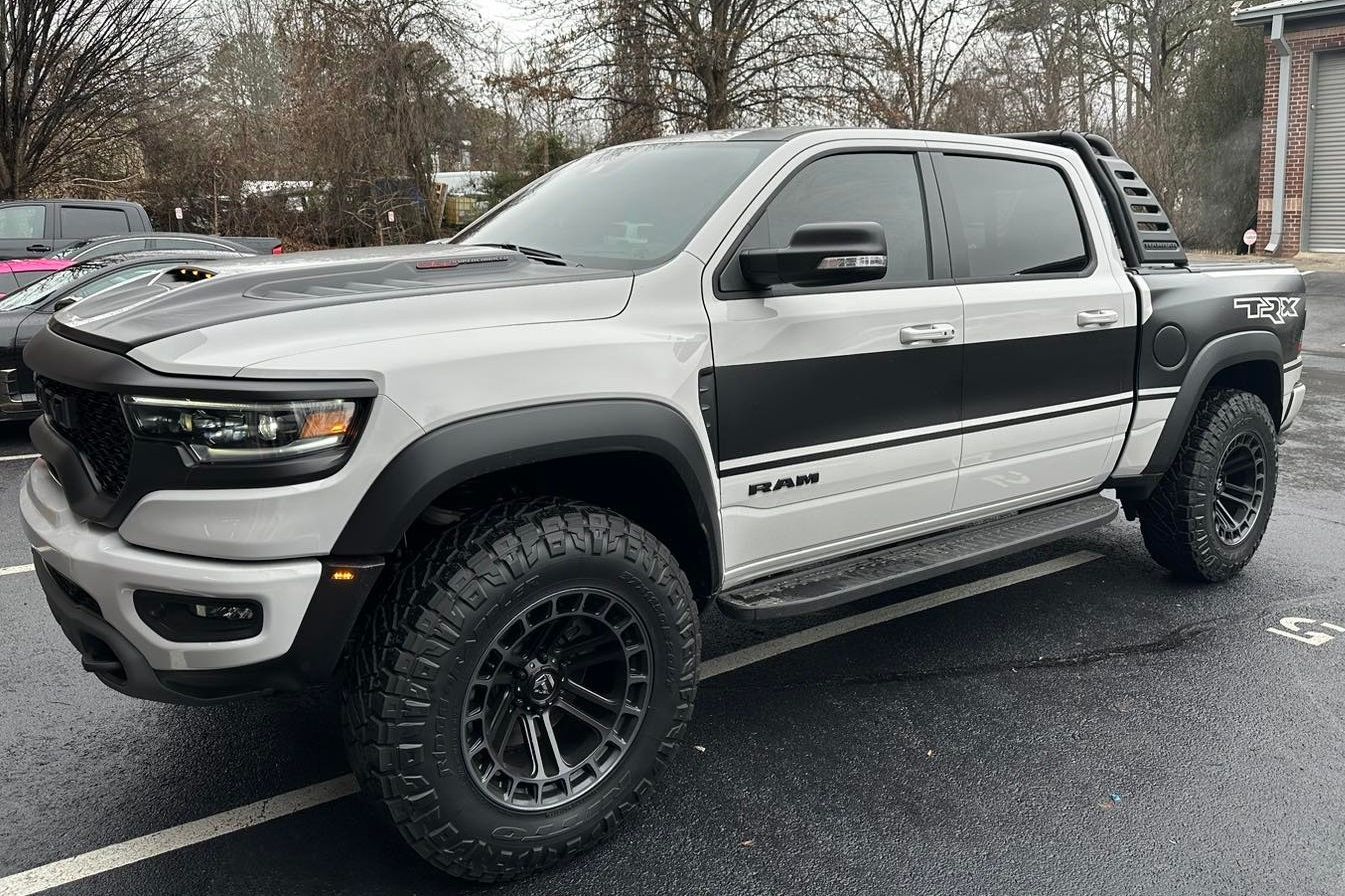
Benefits of Window Tint for Your Vehicle
Some of the benefits offered by investing in window tint for your vehicle include the following:
UV Protection
With quality car window tinting, vehicles benefit from an impressive barrier against harmful UV rays. These tints can block up to 99% of these damaging rays. It helps ensure that your skin is safeguarded from potential harm.
Quality window tint protects your car's interior from premature fading and deterioration. A tinted window acts as a sunscreen for the vehicle and its occupants.
Reduced Glare
Driving with the sun's glare can be distracting and potentially dangerous. Car window tinting significantly diminishes this glare.
It helps to make driving more comfortable and considerably safer. With reduced glare, drivers can maintain clearer vision on the road. This helps to reduce the chances of sunlight-induced accidents.
Privacy
Window tinting provides an added layer of privacy for vehicles. The darker shade prevents outsiders from easily peeping into the car.
Window tint also offers occupants security and discretion. This privacy benefit ensures that personal items inside the car are less visible. This can help to deter theft or unwanted attention.
Temperature Control
One of the standout benefits of car window tinting is its ability to regulate the interior temperature. By reflecting sunlight, tinted windows prevent excessive heat build-up inside the car. This is particularly beneficial on hot summer days.
This temperature control means a more comfortable driving environment. It may also provide air conditioning and fuel cost savings.
Aesthetic Appeal
Beyond the practical advantages, car window tinting enhances the vehicle's overall aesthetic. The sleek and polished look of tinted windows can elevate the visual appeal of any car.
It helps to provide a modern and stylish appearance. For many vehicle owners, this aesthetic enhancement is a key reason for opting for window tints.
Choosing the Right Window Tinting for Your Vehicle
When considering window tinting for your vehicle in Georgia, understanding the nuances of the law is vital. While you might be tempted to go for the darkest shade for aesthetic or privacy reasons, remember that the laws are there for everyone's safety.
When you follow the rules, you will find that window tint can still provide all the benefits above. If you are ready to have window tint applied to your vehicle, contact Metropolitan Tinting today to schedule a free estimate.





